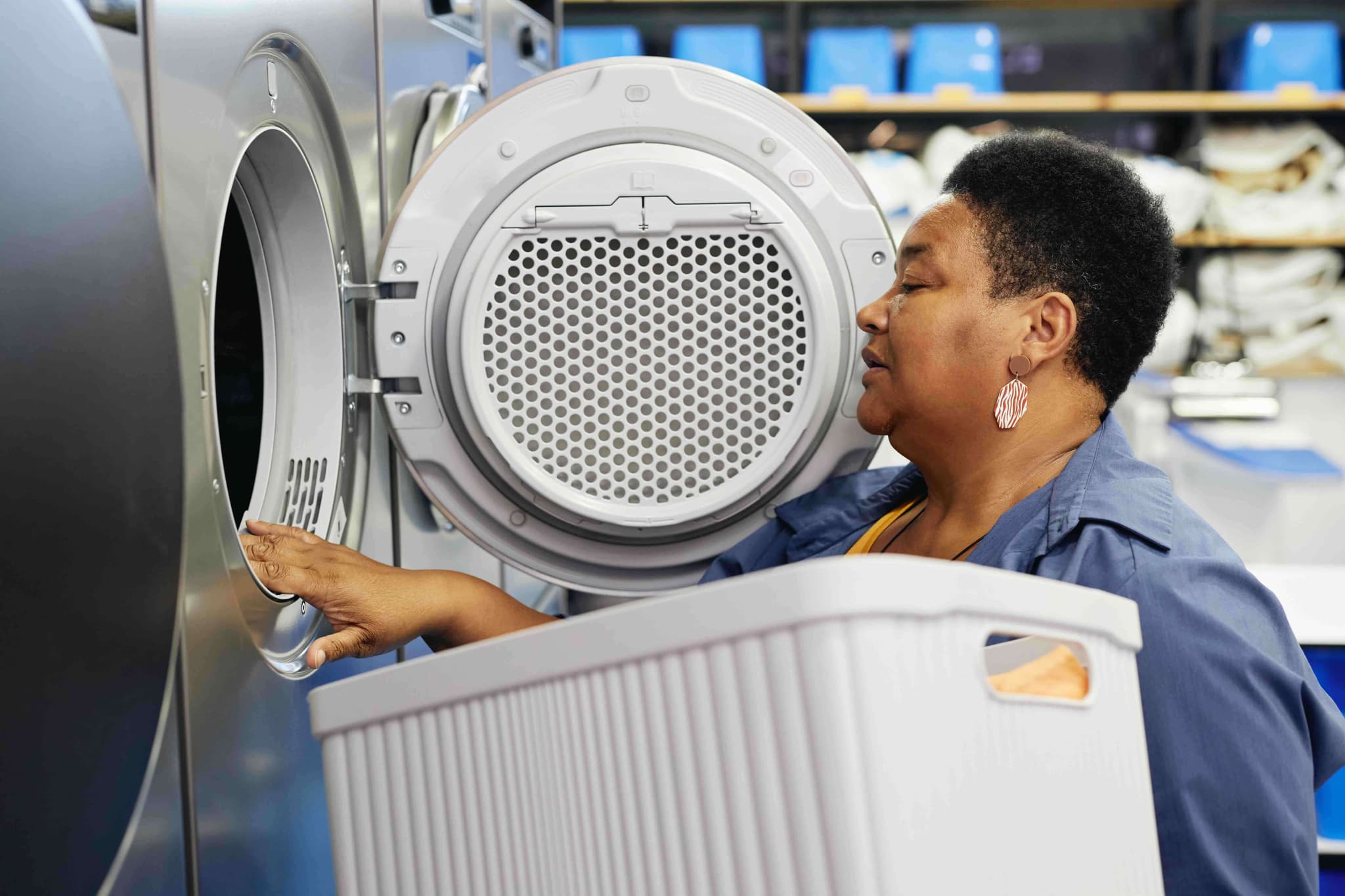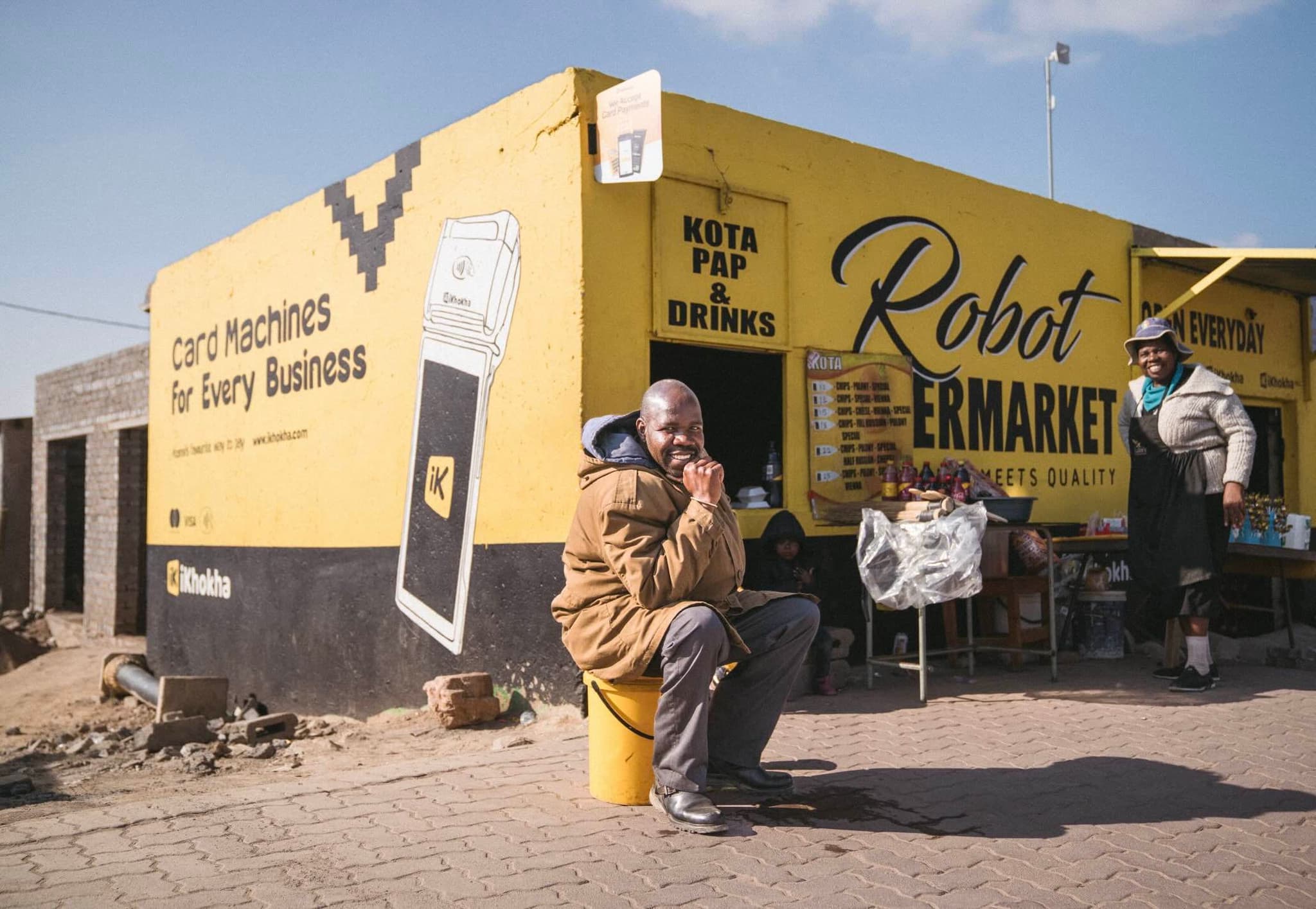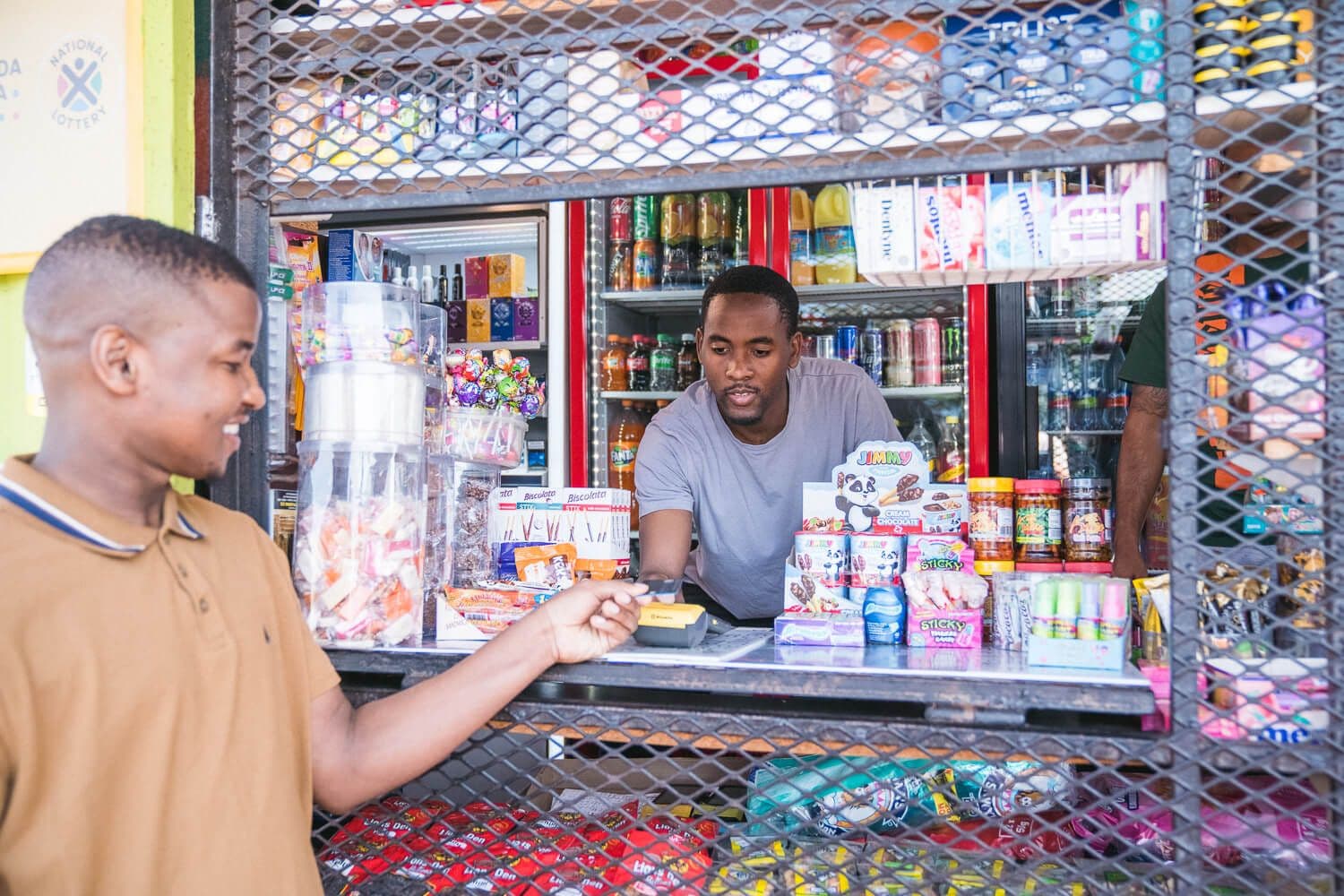
Fuel Price Hikes: 8 Ways to Save on Business Travel Costs
The after-effects of the global pandemic and a prolonged conflict in Eastern Europe have led to a increase in fuel prices, and looks set to continue.
Businesses across the country are finding it difficult to adjust to the increased petrol levy as transportation becomes a growing expense. However, some things can be done to mitigate the damage done by high fuel prices on your business.
It requires you to make some changes and be more careful about planning your business transportation needs. But with the right adjustments, you can sleep better at night knowing that your business has done all it can to make the high fuel prices less burdensome.
8 Ways to Beat Fuel Inflation
1. Plan Carefully
Making the most of a single trip is a sure way to reduce transportation costs. Instead of running errands and making deliveries on a whim, rather plan out your daily transportation needs to avoid unnecessary expenditure.
Assess where you need to go for the day and plot out the destinations on a map. Then, see where you can accomplish two or more tasks, like pick-up and delivery, in one single trip.
Here’s what else you can do:
- Identify your furthest destination.
- Assess traffic conditions.
- Pay attention to detours and road closures.
- Find out if and how weather conditions may affect your desired route.
- Use navigation apps to find the best routes.
2. Vehicle Maintenance
Many people don’t realise that the condition of your vehicle may be contributing to higher petrol usage. Making sure that your fleet of vehicles is well-maintained will go a long way in knocking a few bucks off your travel costs.
Low tyre pressure, faulty wheel alignment, clogged filters, and dirty engines are all things that can cause higher fuel consumption in your vehicles. With your vehicles in optimum condition, you will be making sure that you are spending the minimum amount of fuel required per kilometre travelled.
If your fleet of vehicles is not hybrid or electric, then it could be worth looking into how you can make the switch. It may be costly upfront but having low-consumption vehicles will definitely lower your fuel costs in the long run.
3. Driver Performance
While it is important to keep your vehicles in prime working condition, there are also things that the driver can do to make sure that fuel consumption is kept to a minimum.
Firstly, make sure that your vehicle is as light as possible. Remove all unnecessary loads and any extra weight as the lighter the vehicle, the less drag, and the lower the fuel consumption.
Driving at a constant speed is more economical than having to start-stop all the time. So, wherever possible, use the highway and roads with few traffic lights. Also, try not to leave the car idling with the engine on for long periods of time. In a similar vein, pay attention to the way you accelerate and the speed at which you drive. Gentle acceleration and lower driving speeds burn less fuel than a heavy foot on the pedal.
Other small things that could be done to minimise fuel consumption include: driving with windows open instead of using the aircon; shifting to high gears as early as possible, breaking gently, not over-revving, and using standard petrol/diesel as opposed to their premium counterparts.
4. Outsourcing
You may not always need to use your own vehicle. In fact, it may be cheaper to use a courier service for deliveries to your customers or have your service providers deliver to you. This will also mean that you spend less on your own vehicle maintenance and, of course, fuel costs.
5. Go Digital
In 2022 we are living in an age where almost anything can be done online. With the technology that is available and the growing ease of access, it is wise to make your business processes digital wherever possible.
Instead of in-person meetings that require one or both parties to travel, rather meet online via Skype, Zoom or Google Meets.
If it is not essential for your employees to be in the office, then have them work from home. You could also adopt a hybrid work system where some days are spent in the office while others are at home.
Administrative tasks such as trips to the bank can also be done online. Check with your bank to see which services and transactions are possible from your computer or smartphone. You should also look into having your office supplies delivered as this could work out to be cheaper for your business in the long run.
6. Rewards Programmes and Fuel Cards
Many financial institutions have partnered up with petrol stations to offer you some sort of cashback reward. You will either save on the fuel purchase itself or get money back and other rewards by purchasing from the service provider that is aligned with your bank. These rewards could also extend to other purchases like office supplies and specific car manufacturers. Take a closer look at what rewards are available to you.
Most petrol stations have their own dedicated petrol card. By using one specific station for all your fuel needs and producing their loyalty card at each purchase, you will get discounted rates and other reward possibilities. Banks also have petrol card options that are different from their various rewards programmes. Again, do the research and find out what works best for you and your business.
7. Drive Less
Now, this may seem blatantly obvious, but it is still worth a mention. The less you drive the less you will spend on fuel and all other related costs.
Try out these fuel-saving options for you and your staff:
- Use fewer vehicles by carpooling to and from the office. You could also employ this tactic for any other business-related trips. A salesperson going to a new client, an admin clerk heading to the bank, and a delivery that needs to be made could all use one vehicle to accomplish their tasks.
- Encourage the use of public transport. However, they may be negatively perceived, mini-bus taxis still transport more South Africans on a daily basis than any other form of transport. And, along major transport routes, they are an affordable and reliable option. E-hailing services such as Uber and Bolt are also great for once-off occurrences.
- Try walking and cycling. It may be difficult in bigger cities, but try cycling to the office, or strategically holding meetings close to the office that are within walking distance for you. You’ll save on transportation costs, and you’ll be doing wonders for your physical health. Win-win.
8. The Good Side of SARS
We all cringe when we think of the taxman but for your business, staying on top of your taxes can actually be extremely beneficial.
The South African Revenue Service or SARS offers tax breaks and incentives for all businesses, usually in the form of a tax deduction. However, they will never remind you of this and it is up to you to make sure that you are claiming back tax on what you are owed. So, keep those books in balance and never throw away your receipts.
It is easy to get despondent about the rising fuel prices and how they affect your business. But by making small adjustments and carefully planning your every move, you can stay ahead of the curve and spend a lot less for every kilometre you travel.
Check out iKhokha website for more tips on how to grow your business with iK Cash Advance and iK Prepaid.





















